Life-Changing Education
Magnificent Méliès: Making Magic with Undergraduate and International Collaborators
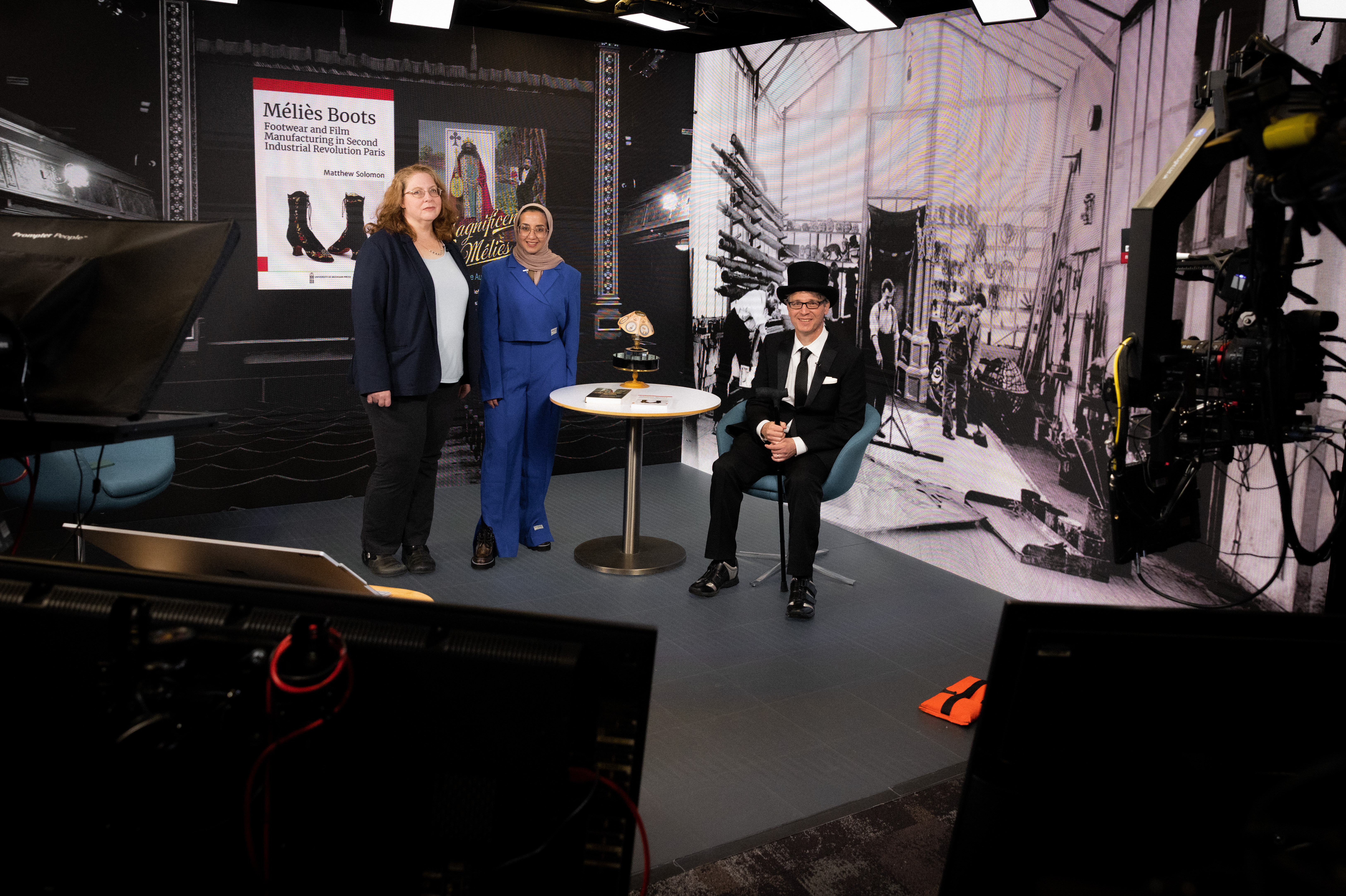
Georges Méliès (1861-1938) was one of film history’s earliest and most original innovators. Today, he is remembered as a magician-filmmaker who was a pioneer of cinematic special effects and storytelling films as well as a “total filmmaker” who sought to exercise control over every aspect of the production process. Méliès, who some know from Brian Selznick’s book The Adventures of Hugo Cabret and/or Martin Scorsese’s film Hugo, made more than 520 short films from 1896 to 1913. In producing many of them, Méliès directed the actors, performed main roles, painted the scenic backdrops, devised innovative effects, and cut the negatives used to make release prints. Yet, Méliès was also a gifted collaborator, and it was that spirit of collaboration, of working together to create something extraordinary, that made our work publishing a long-awaited English translation of Méliès’ biography so memorable.
In 2022, the University of Michigan Press published Madeleine Malthête-Méliès’ Magnificent Méliès: The Authorized Biography, translated by Kel Pero, nearly fifty years after the publication of the first edition in French. This book would not have been possible without a dynamic international and multigenerational collaboration that connected several talented, highly motivated Michigan undergraduates with Méliès family members, archivists, curators, and collectors in five countries. The project began in 2011 when I was starting work on my own book about Méliès and I met his biographer, who also happened to be Méliès’ granddaughter, in France. At the time, she was working with her daughter Anne-Marie Malthête-Quévrain on a revised edition of the biography, which was first published in 1973 and subsequently translated into Spanish and Japanese. The University of Michigan Press was interested in publishing an English translation of the revised edition, but funding the translation of a 536-page book proved to be extremely difficult.
After years of trying, efforts to publish a translation of the biography had stalled in 2019. It was then that Olivier Bahizi appeared as if by magic in a trick film by Méliès. Effortlessly fluent in French (not to mention English, Swahili, and Kinyarwanda), Olivier read the biography as an inspiring story of independent filmmaking. He was enthusiastic about getting the book translated into English and making it more widely known. With a few well-placed telephone calls and several courteously-worded emails, he succeeded in getting the contract with French publisher La Tour Verte executed. Editor Sara Cohen was also supportive of the project and tapped her connections for an experienced professional translator in Canada who was willing to take on the project, supported by funding from the LSA Dean’s Office, the Department of Film, Television, and Media, and the MCubed 3.0 program. As Kel Pero began work translating, Olivier’s great written and spoken French communication skills paid dividends communicating with Malthête-Quévrain in Paris and her brother Avraham Malthête in Israel, both of whom generously supported our work on Méliès. Their cousin Marie-Hélène Lehérissey in Paris and collector David Pfluger in Switzerland each generously provided never-before-published images from their collections to illustrate the biography.


Because the 2020-2021 academic year was mostly conducted remotely due to the COVID-19 pandemic, we did the same for weekly meetings of the “Méliès and the Modern World” Undergraduate Research Opportunity Program (UROP) team, which now included Olivier, recently matriculated first-year student Salwa Ibrahim (who was also fluent in French, and thanks to Hugo, a big Méliès fan) and transfer student Bo Pang, who was taking UM classes remotely from China due to the pandemic. In January 2021, award-winning student journalist Rose Albayat joined our team after transferring to the University of Michigan, and quickly made herself indispensable with her proficiency with video and photo editing. Rose recalls, that her work on the project “was one of the best experiences I had as an undergraduate student [. . .] Apart from being able to examine primary resources on a subject I am extremely passionate about, [. . .] I made so many cherishable memories [. . .] [including] our weekly meetings on Fridays, where we got to discuss our work but also had so much fun watching and discussing some of Méliès’ films and his life.” By the time the school year ended in April 2021, my book about Méliès and material culture, Méliès Boots: Footwear and Film Manufacturing in Second Industrial Revolution Paris, was going into production as an open access ebook with the generous support of the Sustainable History Monograph Pilot. But, a lot more work editing the biography translation remained and more help was needed.
It was then that Jennifer Lipsmeier Guy appeared, like another figure in a Méliès trick film. Like Olivier and Rose, Jennifer was part of UROP’s Community College Summer Research Fellowship Program; she was transferring to Eastern Michigan University to pursue a degree in historic preservation. Jennifer made an immediate impact with directed research that helped fill gaps in my introduction and by meticulously checking the phrasing of the translation along with all of the proper names and capitalization for internal stylistic consistency, work that required the boundless dedication of many late nights and weekends. Rose handled all of the illustrations (for which Jennifer wrote alt-text descriptions) and together with Bo compiled a comprehensive database of our most important sources. Legendary French film historian Bernard Eisenschitz translated a video interview with the author transcribed by Salwa for which Olivier then added subtitles.
I am extremely proud of the two Méliès books we published in 2022, but it is the great work with international partners and undergraduate collaborators during the previous three years which I recall most fondly—truly a 'magical' experience
When Magnificent Méliès was published in hardcover, it was extremely gratifying to have the former director of La Tour Verte, Robert deLaroche, say that we had “built a bridge between France and the United States” with the book. With additional help from two former FTVM undergraduates, technician Dylan Hancook and musician Joey Pecoraro, we marked this milestone with a Zoom book launch on September 29, 2022 co-sponsored by UROP and the Ross Business School. This celebration of our collaboration took place in the Ross White Light Studio and featured a newly rediscovered Méliès film, Marvellous Suspension and Evolution (1902) not widely seen for 120 years. A recording of the event can be seen here.
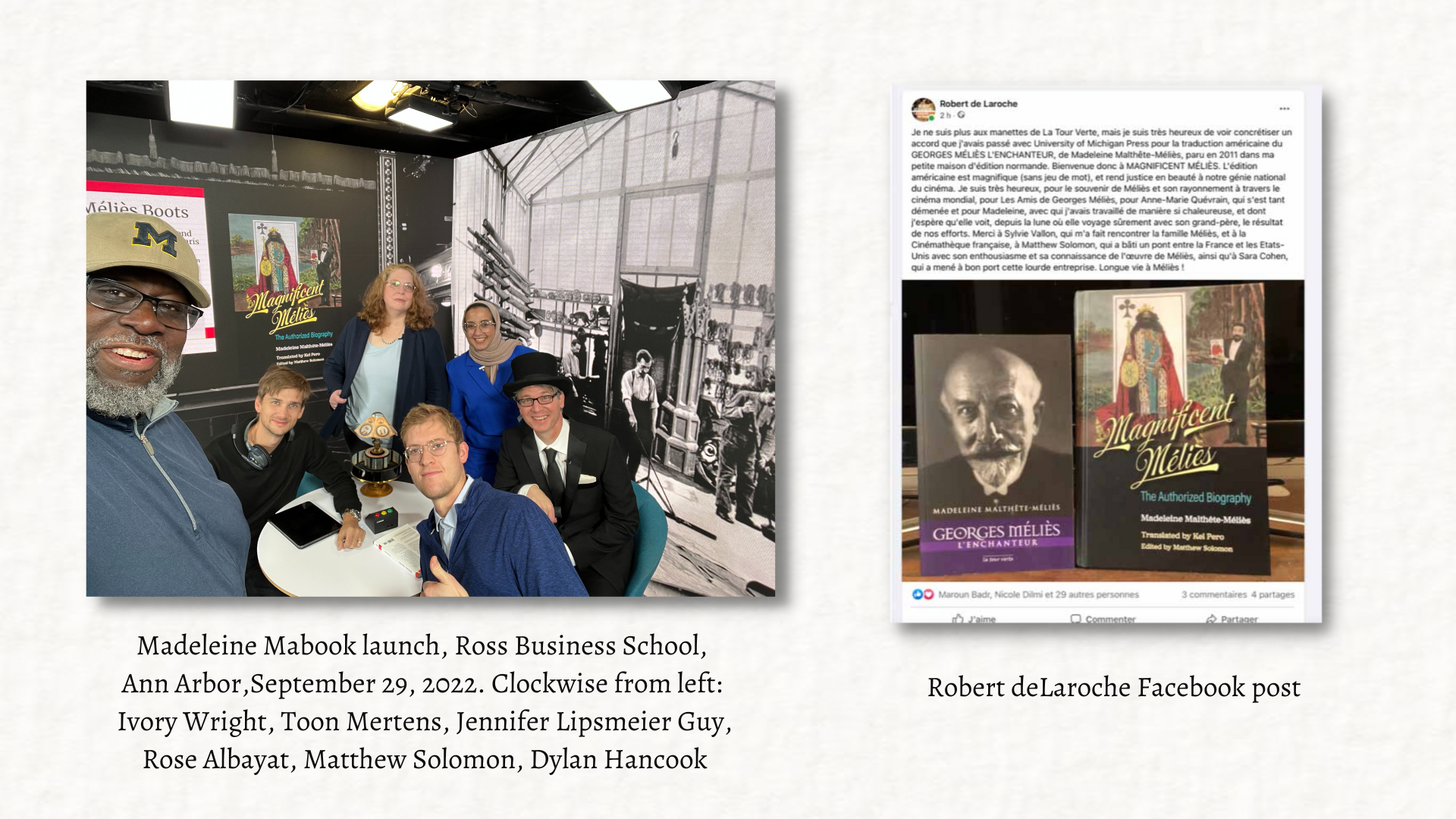

I am extremely proud of the two Méliès books we published in 2022, but it is the great work with international partners and undergraduate collaborators during the previous three years which I recall most fondly—truly a “magical” experience in which everything came together beautifully, though often at the last minute. Jennifer adds: “Dr. Solomon's deft leadership of the Méliès and the Modern World project has brought the cultural heritage of one of the world’s most beloved industries to a modern audience in an entertaining, accessible format. Everyone on the team brought a wholehearted passion for completely different aspects of the work, which resulted in a rare degree of collaborative dedication. As an undergraduate, the privilege of sharing in this intense experience has set my expectations high for what the workforce will someday offer.” In the meantime, however, propelled by our collaboration and the research experiences they had through their work on Méliès, Rose won the Arthur Miller Creative Arts Award and received “highest honors” for her undergraduate thesis about Méliès, whileJennifer and Olivier are each moving on to fully funded master’s degree programs in the fall! Jennifer will matriculate in the M.S. program in Historic Preservation at Eastern Michigan University with the support of the John and Susan Collins Scholarship for the Study of Historic Preservation. Olivier will matriculate in the M.S. program in Information at the University of Michigan School of Information with a Graduate Guarantee grant. Eighty-five years after his passing, the magic of Méliès is real, and its effects are still being felt here in Michigan, nearly four-thousand miles from the former site of Méliès’ filmmaking studio in Paris.
Books:
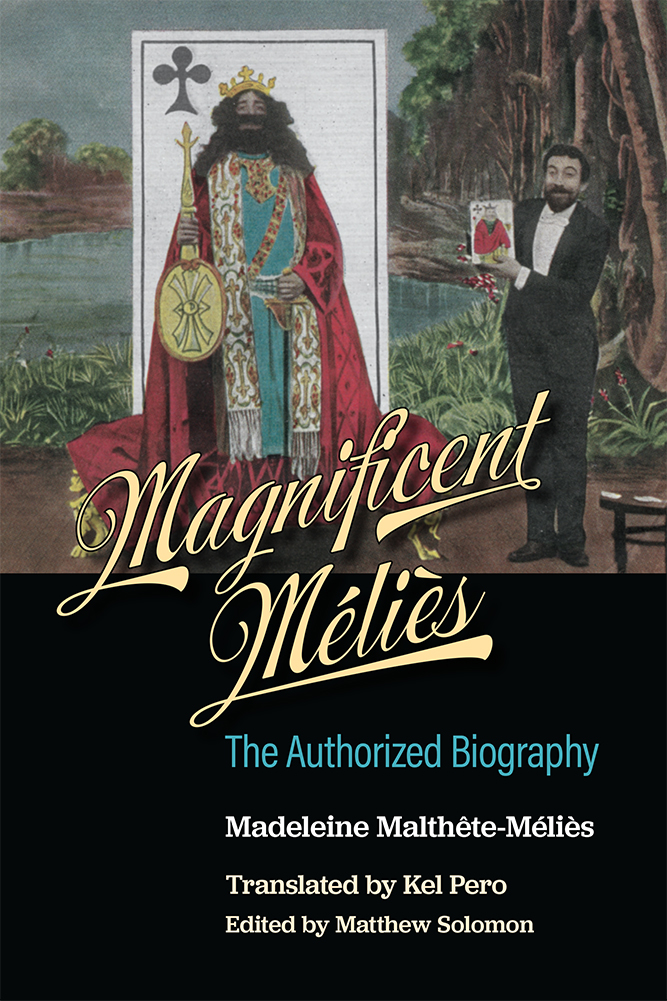
Magnificent Méliès: The Authorized Biography
Biography of pioneer early filmmaker Georges Méliès, now in English
by Madeleine Malthête-Méliès, translated by Kel Pero, edited by Matthew Solomon
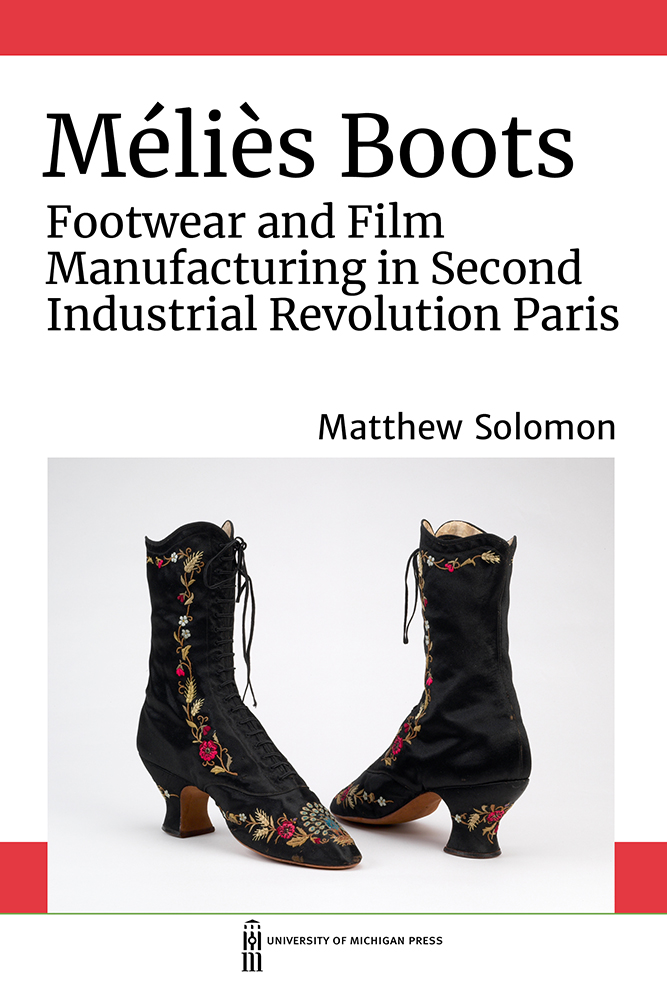
Méliès Boots: Footwear and Film Manufacturing in Second Industrial Revolution Paris
Examines the work of pioneer filmmaker Georges Méliès in relationship to Second Industrial Revolution's advances in technology, transportation, and chemistry
by Matthew Solomon
Explore more stories:
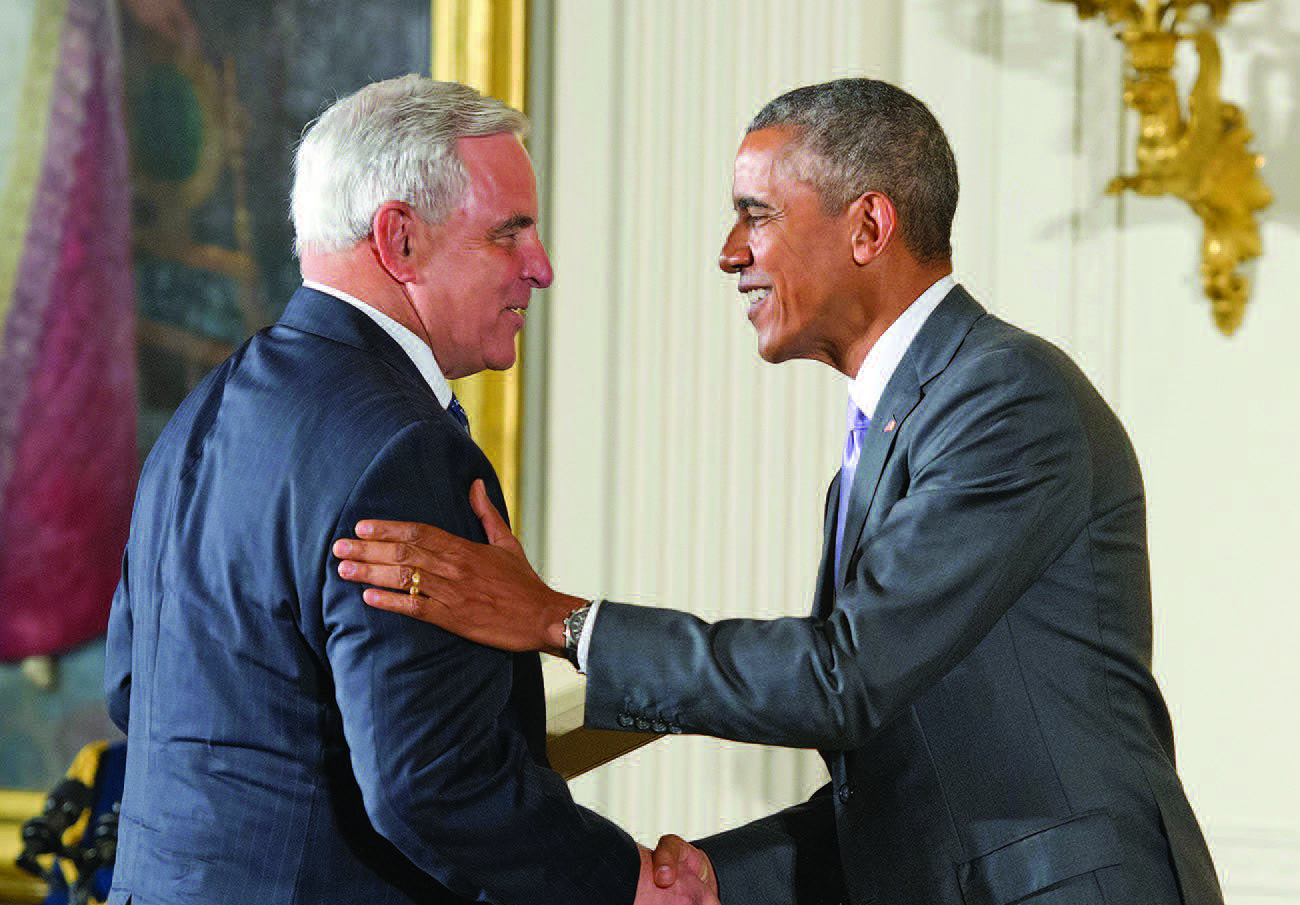
Academic Innovation
Enriching Creative Arts on Campus
When Ken Fischer retired as President of University Musical Society (UMS) in 2017 after 30 years of service, he left the performing arts pr…
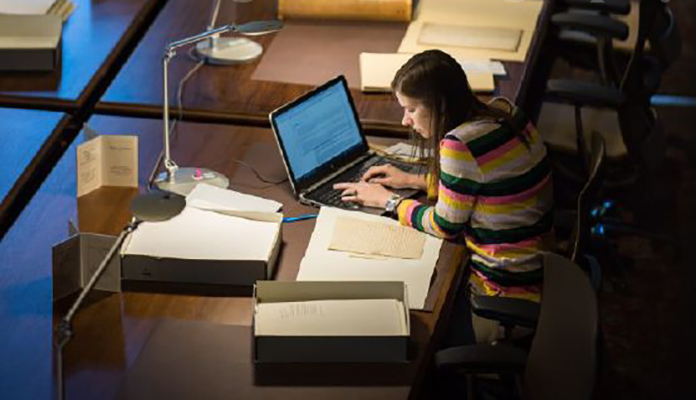
Life-Changing Education
Student Journals Catalyze Lifelong Learning and Success
In many cases, students go to college for experiences and insights that will prepare them for their professional lives. Michigan Publishing…